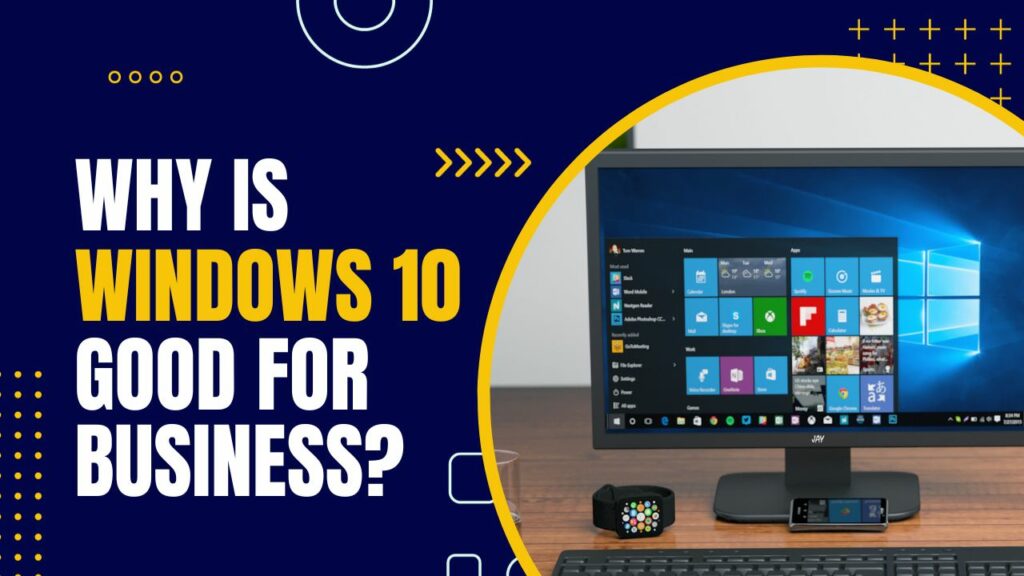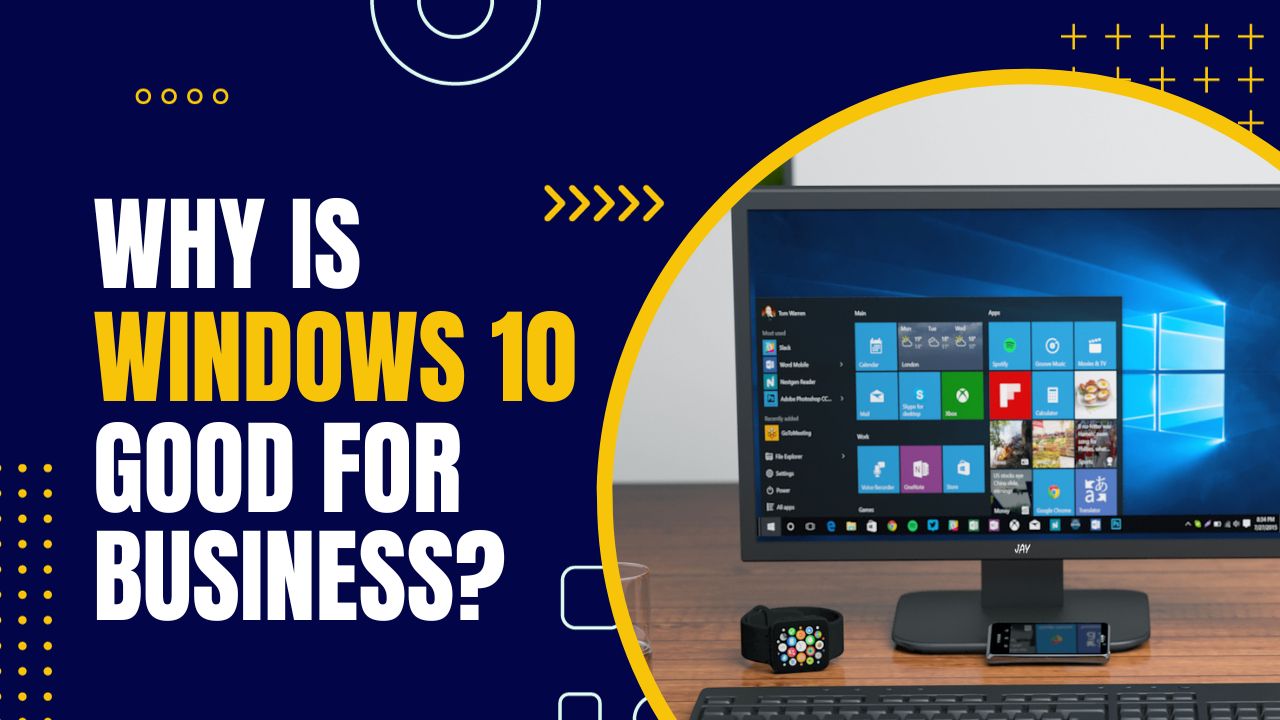 In the field of operating systems, Windows 10 stands out as a robust and versatile choice for businesses of all sizes. With a history of delivering efficient, secure, and user-friendly computing experiences, Windows 10 has become the go-to operating system for enterprises and organizations. In this article, we will explore the benefits, features, and key differences between its versions. We will answer your question, “Why is Windows 10 good for business?”
In the field of operating systems, Windows 10 stands out as a robust and versatile choice for businesses of all sizes. With a history of delivering efficient, secure, and user-friendly computing experiences, Windows 10 has become the go-to operating system for enterprises and organizations. In this article, we will explore the benefits, features, and key differences between its versions. We will answer your question, “Why is Windows 10 good for business?”
Windows as an OS for Business
Choosing the right operating system (OS) is a critical decision for any business. The OS serves as the foundation for all computing activities within an organization, from day-to-day tasks to critical business operations. Windows, developed by Microsoft, has established itself as a trusted and widely used OS for businesses. It is known for its adaptability to various business needs, user-friendly interface, and strong support for enterprise-level security and management.
What is Windows 10?
Windows 10, the tenth major release of the Windows operating system, was introduced by Microsoft in 2015. It followed the release of Windows 8 and addressed many of the concerns and criticisms raised by users. Windows 10 is often regarded as a significant improvement, combining the best features of its predecessors while introducing new and enhanced functionalities.
Why is Windows 10 Good for Business?
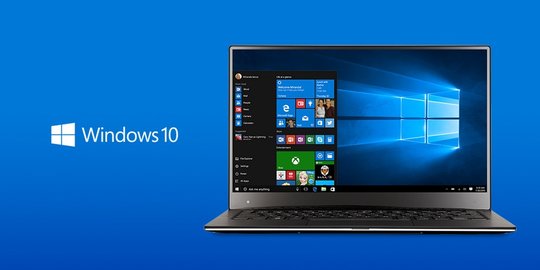
There are several compelling reasons why Windows 10 is an excellent choice for businesses. Let’s delve into these key advantages:
1. A Familiar Interface
One of the primary strengths of Windows 10 is its familiar interface. It retains the iconic Start menu, which was notably absent in Windows 8, providing users with a comfortable and recognizable environment. This familiarity reduces the learning curve for employees, ensuring a smooth transition and minimal disruption to productivity.
2. One Universal Windows Experience
Windows 10 offers a universal experience across a broad range of devices, from desktop computers to laptops, tablets, and smartphones. The ability to work seamlessly across different platforms is invaluable for modern businesses, as it promotes flexibility and productivity. This universal experience is facilitated by Microsoft’s Continuum feature, which adapts the interface to the device being used.
3. Advanced Security and Management
Windows 10 places a strong emphasis on security and management features, making it a secure and reliable choice for businesses. Some of the key security components include Windows Defender Antivirus, BitLocker encryption, and Windows Information Protection. These features help safeguard sensitive data and prevent security breaches.
For IT administrators, Windows 10 provides powerful management tools such as Microsoft Intune and Windows Autopilot. These tools enable centralized management and streamlined deployment of devices within an organization. The enhanced security and management capabilities of Windows 10 are particularly crucial in today’s cybersecurity landscape.
4. Compatibility for Continuous Innovation
Windows 10 is designed to support ongoing innovation and evolution. It features a modern, extensible framework that allows businesses to incorporate new technologies and features as they become available. This adaptability ensures that businesses can stay up-to-date and competitive in a rapidly changing technological landscape.
5. Improved Device Management
Managing devices within an organization can be a complex task. Windows 10 simplifies device management through features like Windows Update for Business, which provides greater control over updates, reducing the risk of disruptions during critical business operations. Additionally, the inclusion of Group Policy allows administrators to control user accounts and settings across a network.
You might also like: Exploring Windows Operating Systems: Which One Is the Fastest?
What are the Differences Between the Windows 10 Versions?
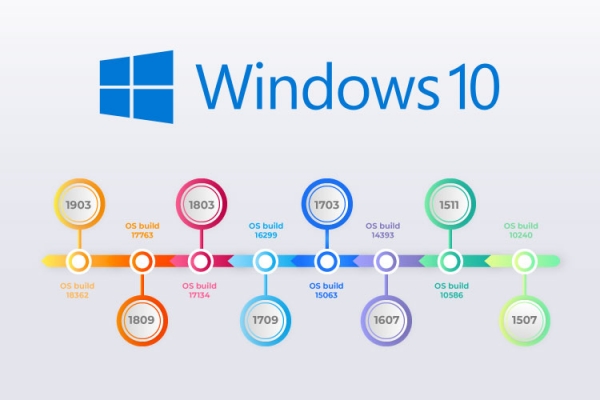
Windows 10 is available in multiple editions, each tailored to different user needs and scenarios. The three primary editions for business users are:
Windows 10 Home
Windows 10 Home is designed for individual users and small businesses. While it offers a familiar and user-friendly environment, it lacks some of the advanced security and management features present in other editions.
Windows 10 Pro
Windows 10 Pro is a versatile edition suitable for small and medium-sized businesses. It includes features like BitLocker encryption, remote desktop functionality, domain joining, and Group Policy, making it well-suited for network integration and centralized management.
Windows 10 Enterprise
Windows 10 Enterprise is the most advanced edition, tailored specifically for larger organizations and enterprises. It offers comprehensive security features, management tools, and virtualization capabilities. Features such as Windows Defender Antivirus, BitLocker, and Windows Information Protection make it a robust choice for organizations with high-security requirements.
What are the Benefits of Using Windows 10?
The benefits of using Windows 10 in a business context are numerous. Some of the key advantages include:
- Familiarity: The familiar interface reduces the learning curve for employees, minimizing disruptions and ensuring a smooth transition.
- Universal Experience: Windows 10 provides a universal experience across different devices, promoting flexibility and productivity.
- Security: Windows 10 offers advanced security features, safeguarding sensitive data and preventing security breaches.
- Device Management: The OS simplifies device management through tools like Windows Update for Business and Group Policy.
- Compatibility for Innovation: The extensible framework supports continuous innovation, allowing businesses to adapt to new technologies.
- Continued Support: Microsoft continues to provide support and updates for Windows 10, ensuring its longevity and reliability.
- Scalability: Windows 10 can scale to meet the needs of businesses of all sizes, from small startups to large enterprises.
Future of Windows Operating Systems
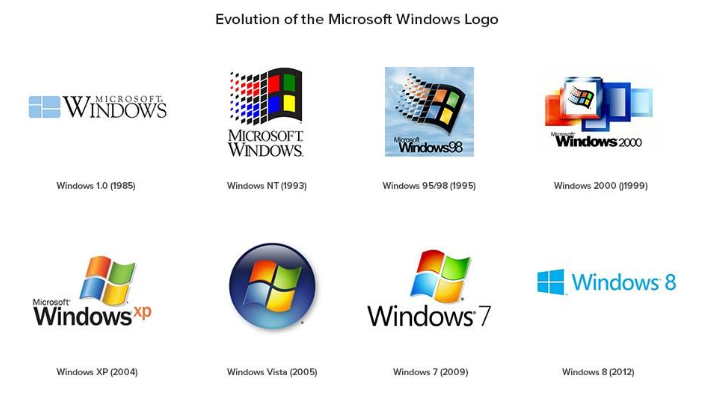
As businesses continue to evolve and embrace digital transformation, the future of Windows operating systems remains promising. Microsoft is committed to delivering innovative solutions that cater to the evolving needs of organizations.
In recent years, Microsoft introduced Windows 11, the successor to Windows 10. Windows 11 builds upon the strengths of its predecessor while offering a more modern interface and improved productivity features. It maintains the user-friendliness and security features that businesses appreciate.
The release of Windows 11 offers businesses new opportunities for efficiency, security, and innovation. As with any major OS upgrade, organizations need to assess their specific needs and consider the timing of migration to the new platform.
Windows or Mac: Which Should We Choose for Business?
The choice between Windows and Mac for business largely depends on the specific needs and preferences of your organization. Both operating systems offer their own sets of advantages and considerations. Windows is a more common choice for businesses due to its broad compatibility, user-friendly interface, and extensive support for enterprise-level security and management.
Mac, on the other hand, is known for its sleek design, reliability, and user experience. It is often favored by creative industries and individuals who value aesthetics and the Apple ecosystem. However, Macs can be less common in enterprise environments.
Ultimately, the choice between Windows and Mac should align with your organization’s specific requirements, budget constraints, and industry demands.
You might also like: Windows Enterprise VS Pro: Which is Better?
Why is Windows 10 Pro Better for Business?
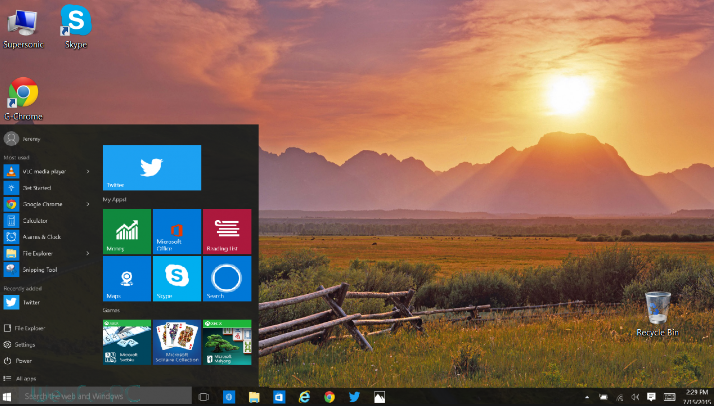
Windows 10 Pro is a preferred choice for businesses, particularly small and medium-sized enterprises, due to its versatile features and cost-effectiveness. Some of the key advantages of Windows 10 Pro for business include:
- BitLocker Encryption: BitLocker provides data protection through encryption, ensuring the security of sensitive information.
- Remote Desktop Functionality: Windows 10 Pro offers remote desktop capabilities, allowing users to access their computers from remote locations.
- Domain Joining: The ability to join a Windows domain is crucial for network integration and centralized management, making it well-suited for businesses.
- Group Policy: Group Policy enables administrators to control user accounts and settings across a network, enhancing manageability.
Frequently Asked Questions
Is Windows 10 Still Supported?
Yes, Microsoft continues to support Windows 10. As of the last update, mainstream support is expected to continue until October 14, 2025, with extended support until October 13, 2026. This ensures that Windows 10 remains a viable and secure option for businesses.
What Are the Minimum System Requirements for Windows 10?
The minimum system requirements for Windows 10 include a 1 GHz processor, 1 GB of RAM (32-bit) or 2 GB of RAM (64-bit), 16 GB of available hard disk space (32-bit) or 20 GB (64-bit), and a DirectX 9 graphics device with a WDDM 1.0 driver.
Can I Upgrade from Windows 7 to Windows 10?
Yes, you can upgrade from Windows 7 to Windows 10. Microsoft offered a free upgrade to Windows 10 for users with genuine Windows 7 licenses. While this free upgrade period has ended, you can still purchase a Windows 10 license to upgrade from Windows 7.
You might also like: Why Do Most Companies Use Windows?
Conclusion: Why is Windows 10 Good for Business?
Windows 10 is an excellent choice for businesses due to its familiar interface, universal experience, advanced security and management features, compatibility for continuous innovation, and improved device management. Its versatility, scalability, and continued support make it a reliable and efficient operating system for organizations of all sizes. Whether you opt for Windows 10 Home, Pro, or Enterprise, you can leverage the benefits of this OS to enhance productivity and security within your business. The choice between Windows and Mac should be based on your organization’s specific needs, budget, and industry requirements. Ultimately, Windows 10 stands as a strong contender for businesses looking for a powerful and adaptable operating system.
As technology continues to advance, businesses can rely on Windows 10 to provide a solid foundation for their computing needs while staying prepared for future innovations. Whether you are a startup, a medium-sized enterprise, or a large corporation, Windows 10 has the flexibility and features to support your business objectives. In the ever-evolving landscape of operating systems, Windows 10 remains a dependable choice for businesses.

